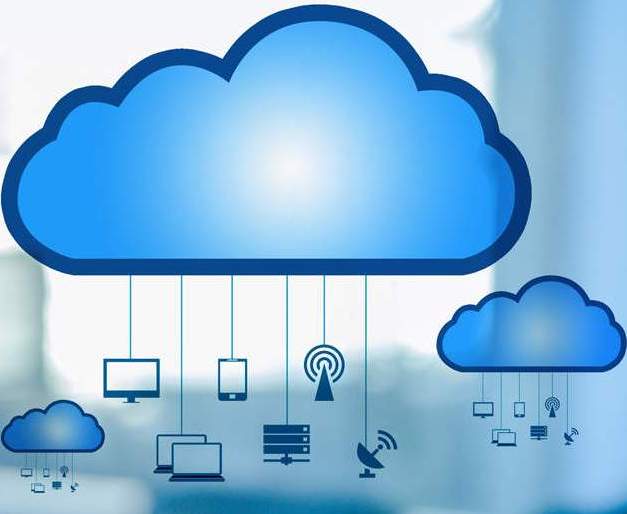
Safeguarding Financial Data: Why Recovery Plans Matter
Cloud computing accounting software plays a pivotal role in modern financial management, offering real-time data access, automation, etc.

© 2024 Crivva - Business Promotion. All rights reserved.